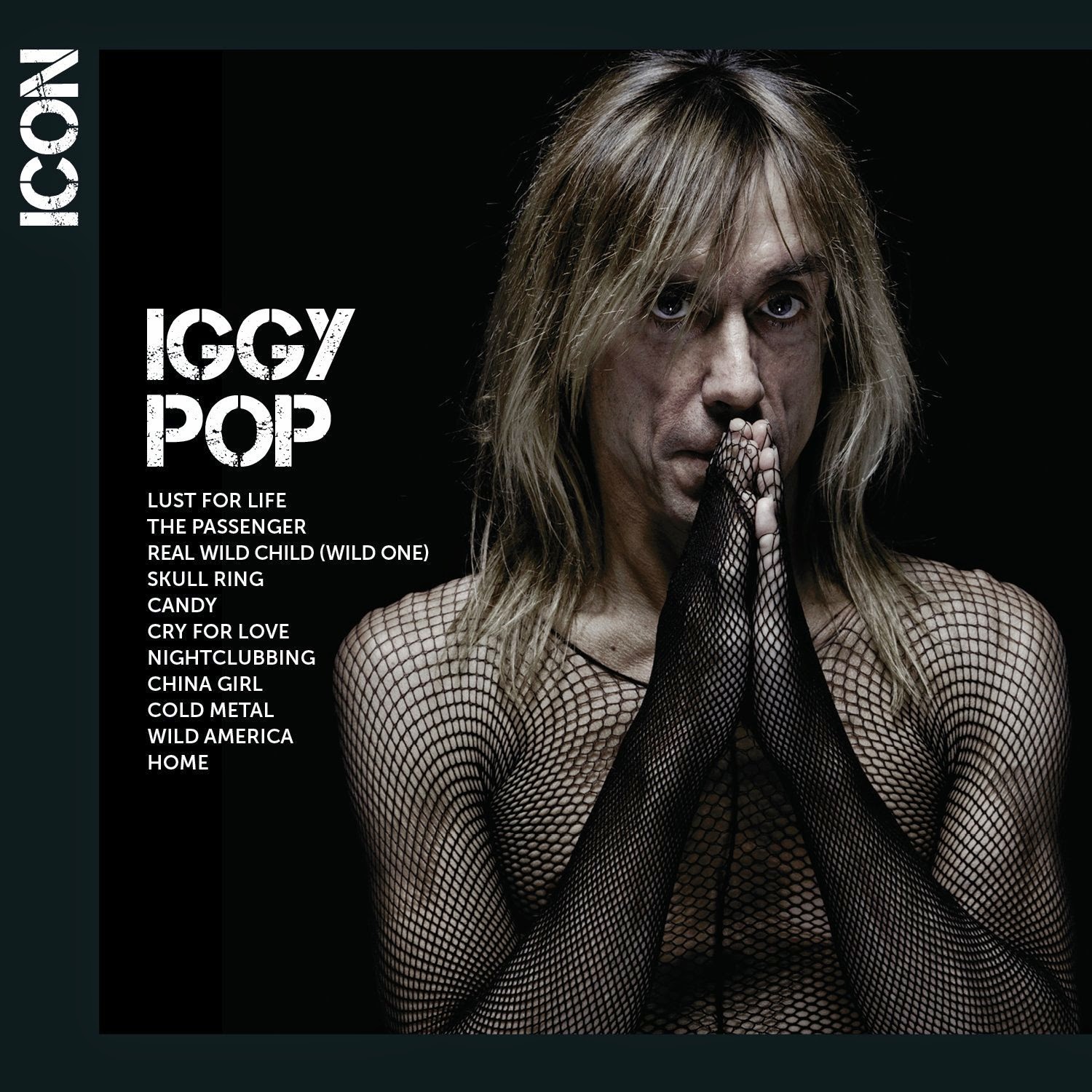Molly Johnson has been compared to Billie Holiday her whole career. And that's even before the Toronto singer started doing jazz, even back when she was rocking it out in the group Infidels in the early 90's, and in Alta Moda before that. Here she was trying to be her own singer, and everybody wanted her to be somebody else. Not just anybody, but one who was among the very, very best. But Johnson, having grown up with parents who had played her Holiday, and taken her to meet talents such as Ella Fitzgerald as a kid, knew that she wasn't ready. "You have to build a life to sing that stuff," Johnson explains, on the line from Toronto. "You can't sing it when you're 22. People would say, 'You have to make a jazz record', but I wanted to live out that rock and roll life with the Infidels."
That she did, and of course did turn to jazz, releasing her first solo album in 2000. Her smoky vocals, filled with her distinct personality, quickly established her as one of the country's favourite vocalists, with jazz-pop numbers such as Diamond In My Hand bringing her a much larger audience than most jazz singers can claim. If there was a distinguished, and distinct jazz singer in the country, surely it was Johnson. Yet still, "For years, people would say, 'Oh you're just like Billie," Johnson says. "But I'm not. I'd tell them, 'I am because of Billie'. I get to do what I do because of what she did back then. That generation of people, like my parents, like her, fought for me to have this life. That's why I have called this record Because Of Billie. Because I'm nothing like her. I know my father, he loved me very much, as did my mother. Billie never had that, she never had any of the advantages I had. I've been saying I'm because of Billie for two decades, I'm everything she couldn't be."
Johnson's album is made up of 14 tracks long associated with Holiday, including Body and Soul, God Bless The Child, and Strange Fruit. Johnson also made sure to include songs written by Holiday, to show that she was a composer as well as an interpreter, such as Don't Explain and Fine and Mellow. The album was recorded quickly, live from the studio floor with her group, often in first takes, taking only four days to make the entire thing. Johnson says she wanted to capture that spark of creativity and excitement of working direct to tape. Plus, she relied on her own, and the group's, ability to switch on the needed intensity and emotion. "Most artists, I believe, are a bit bipolar," she explains, "And good artists can use that to their advantage. So you go in there, get dark, swing it, and get out. These are jazz guys, everybody comes to the session ready to go."
While she was ready to go in the studio, getting there took a lot longer. "People have been bugging me to make this record for a long time," she concedes. "But I always had the feeling Billie was getting ripped off (via whoever owned her publishing rights). And I didn't want to do it until I found out who had the copyright, and found out if they would donate some money to charity." It took her two years to track down the business side of venture, finding out that current publisher Casablanca was owned by the giant music corporation Universal, the very company she records for in Canada. The Canadian branch did some hard work for her, and Johnson was able to arrange for a portion of the sales to go to a deserving, and appropriate charity. "I chose the Boys and Girls Clubs, because I figured Billie didn't have a childhood. You're in jail when you're 14 with your mother for prostitution, it doesn't take rocket science to know she didn't have a childhood. But she wasn't a victim, she was a victim of her time. I didn't want to talk about this poor victim, I didn't believe she was. She was a strong woman, who was in tune with the civil rights movement. The Boys and Girls Clubs are all over North America, so wherever I am playing I can fundraise there, and the money can stay in that community."
Because Of Billie is Johnson's sixth studio album, and is available now on CD, vinyl and as a digital download.















